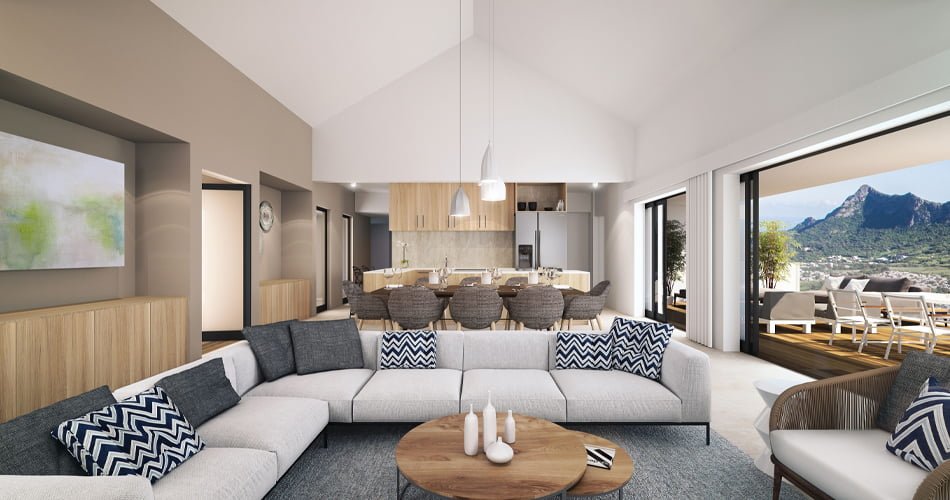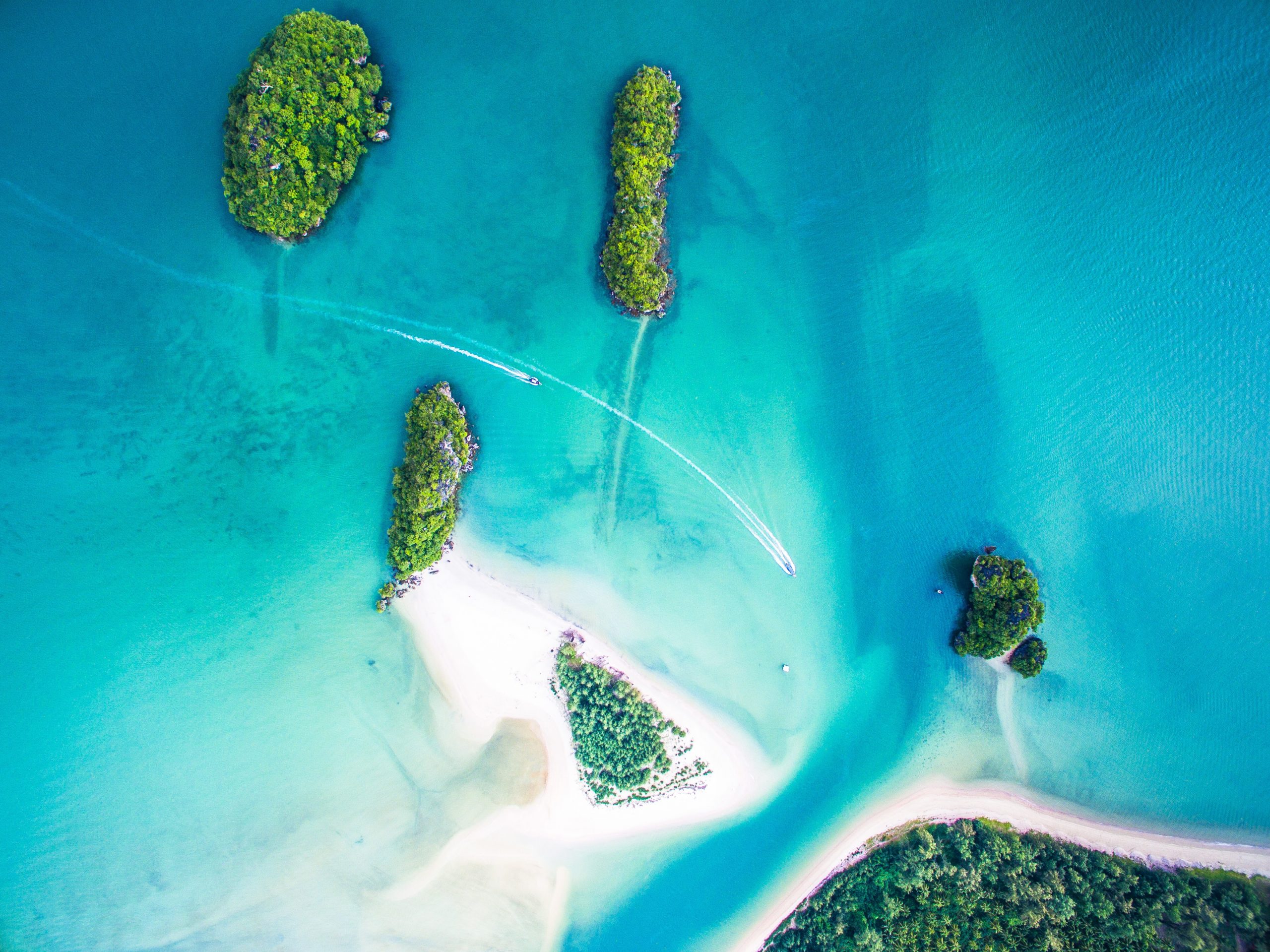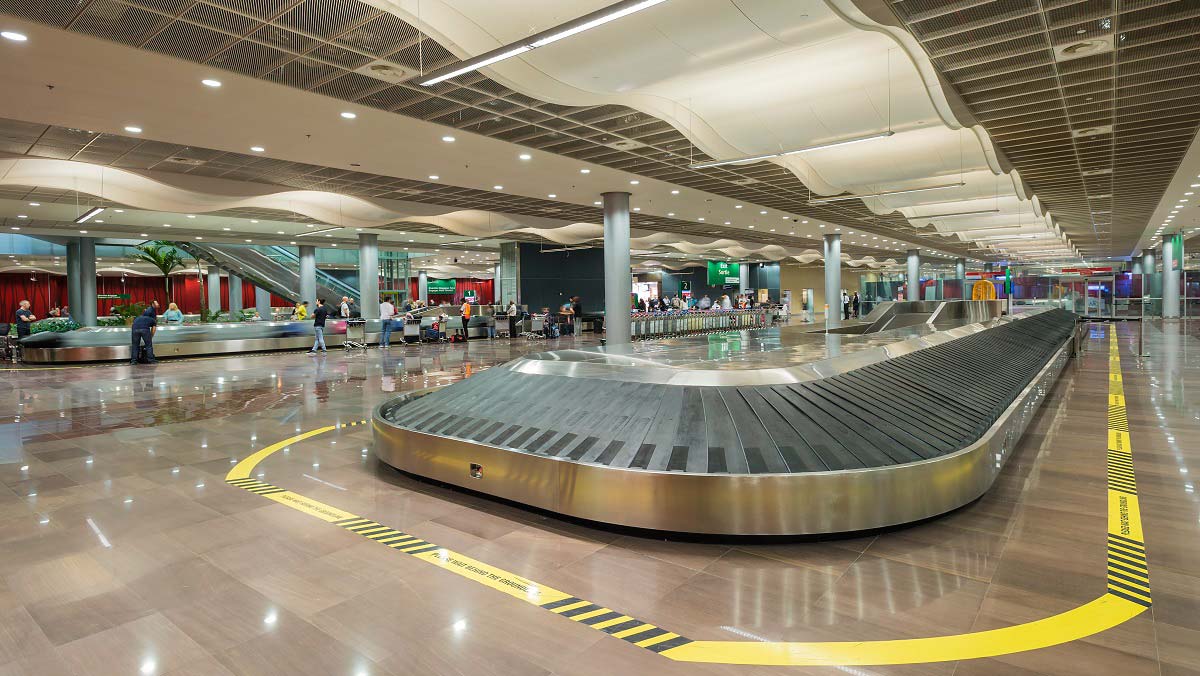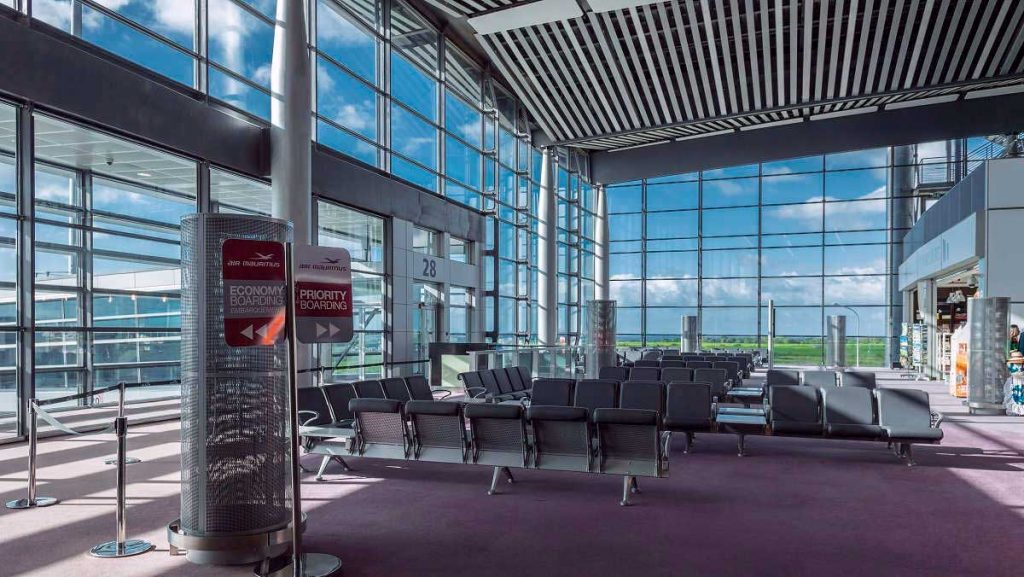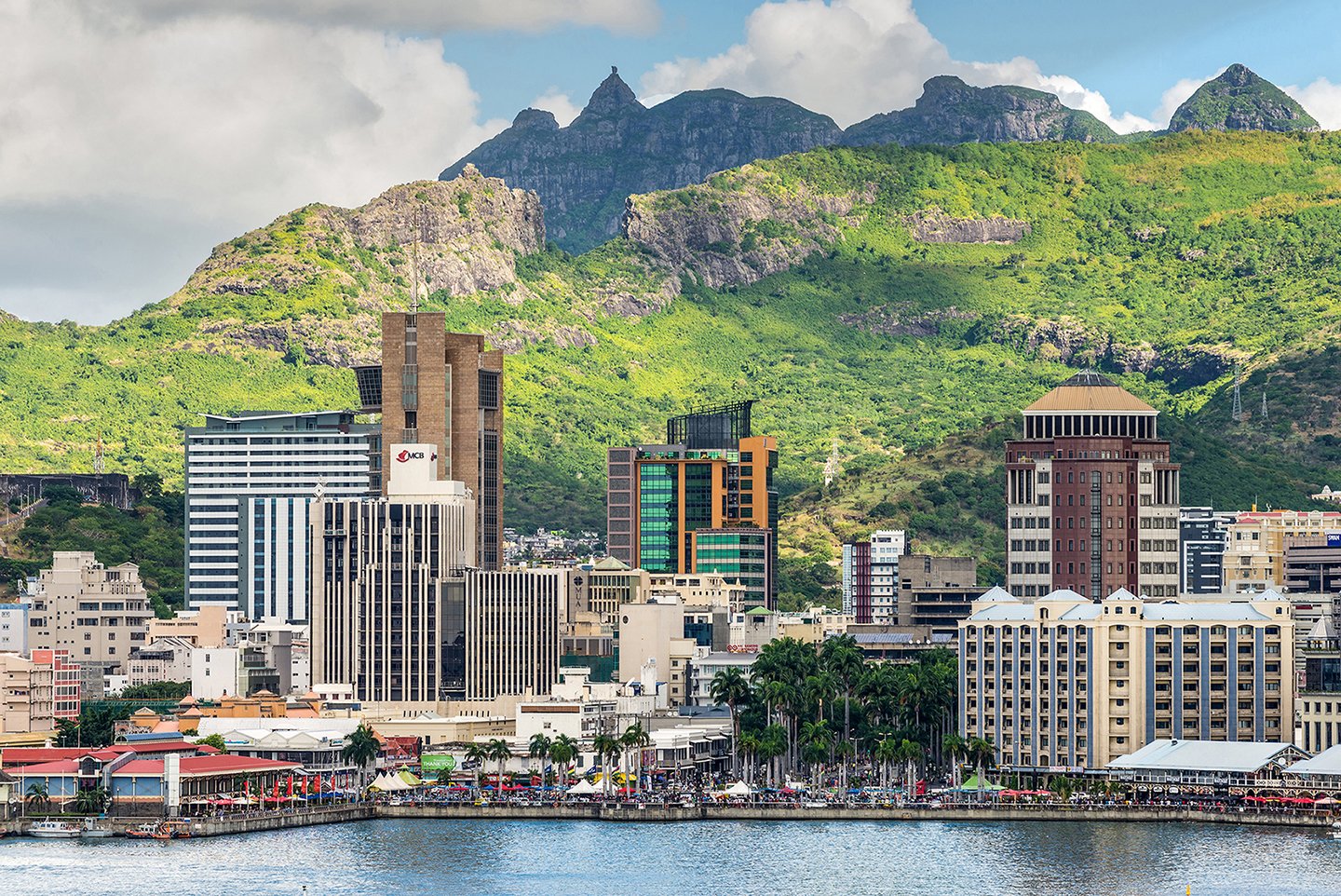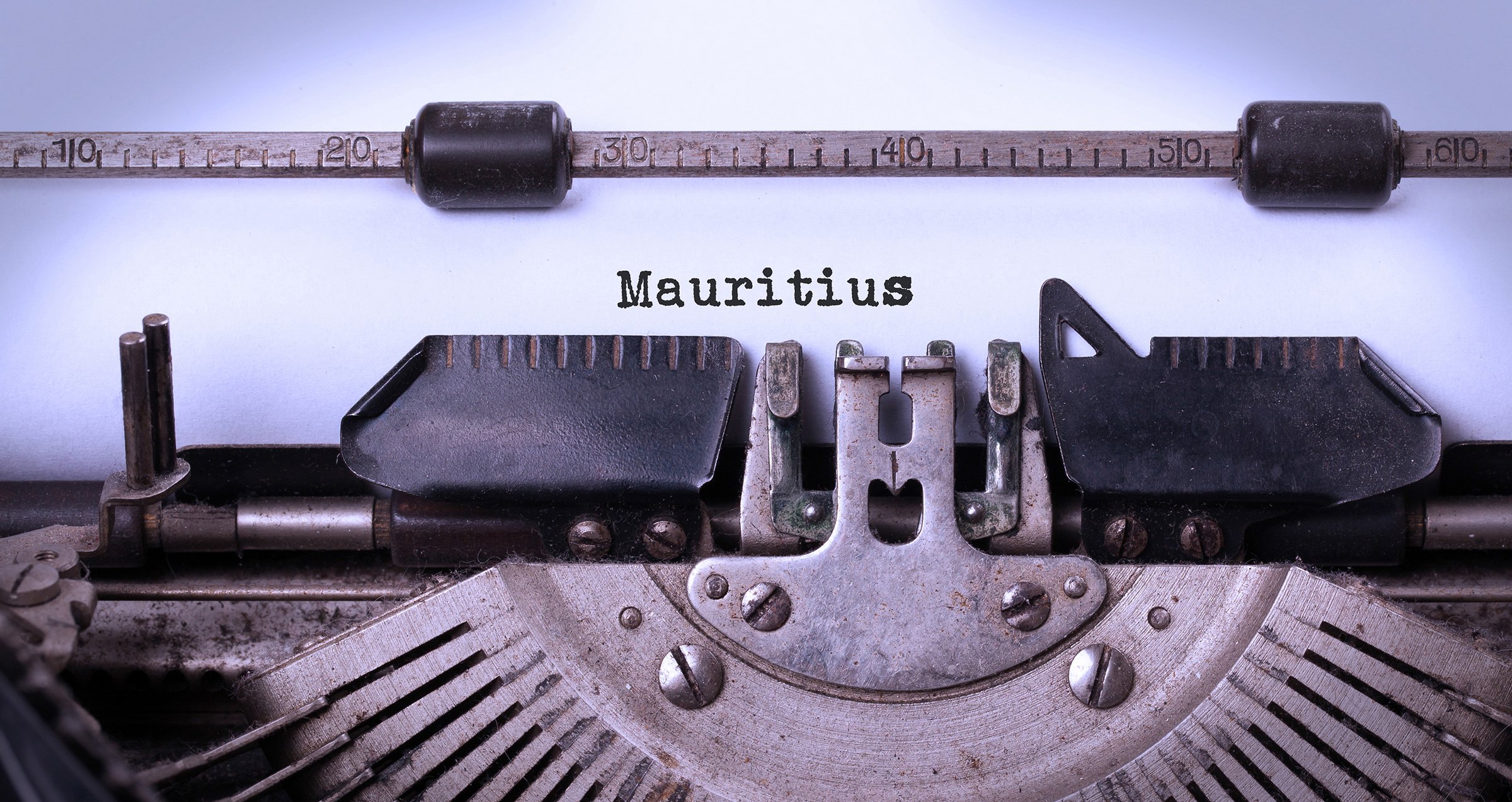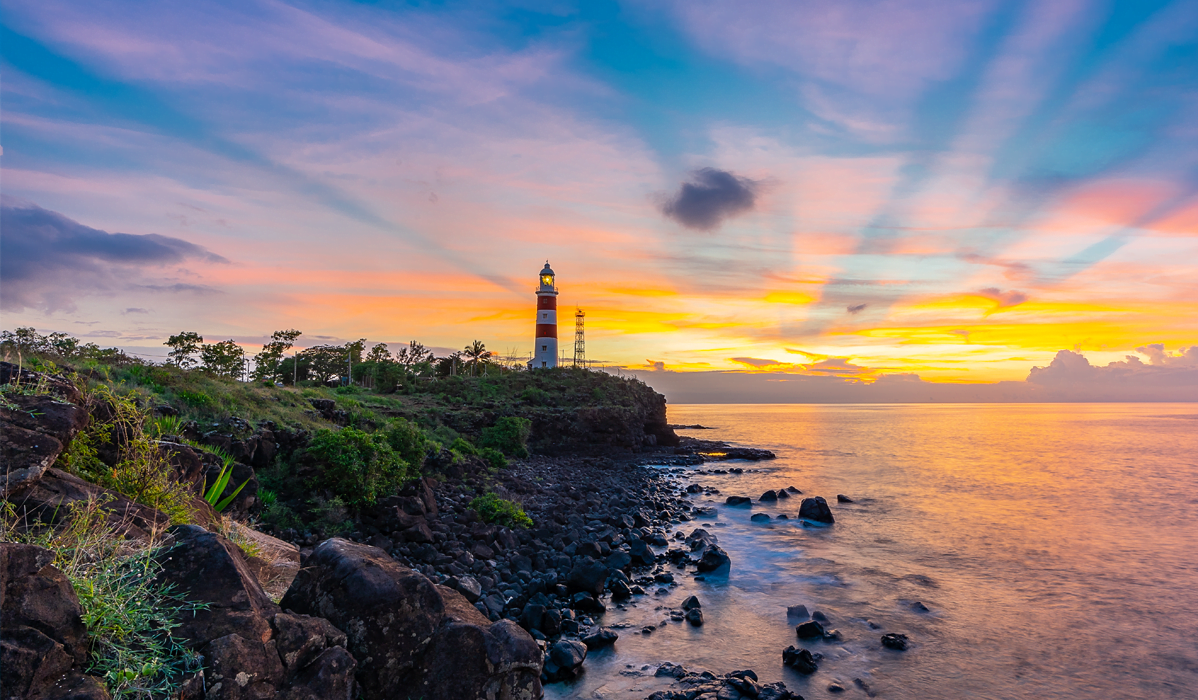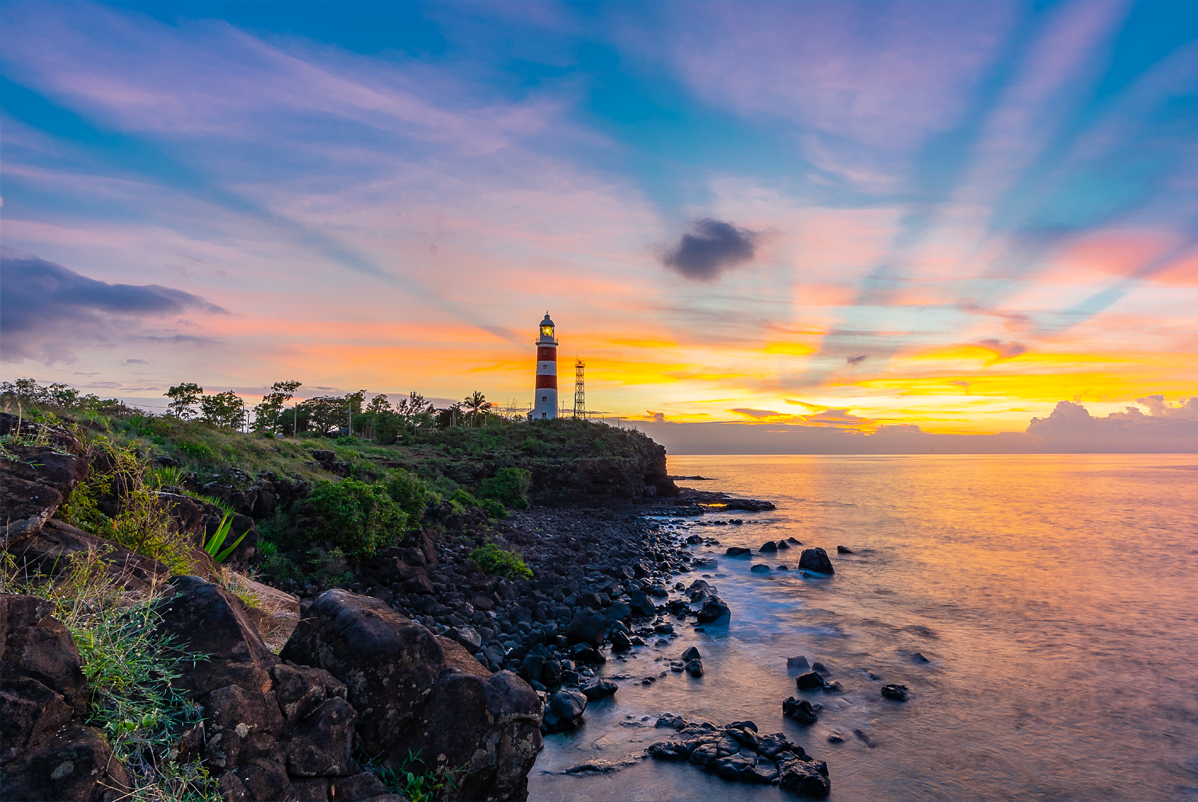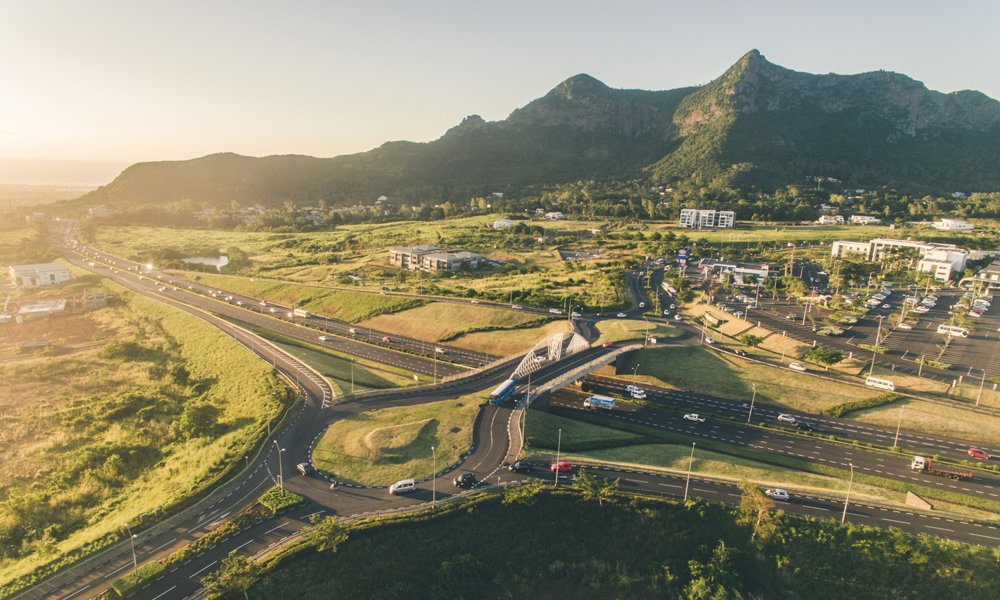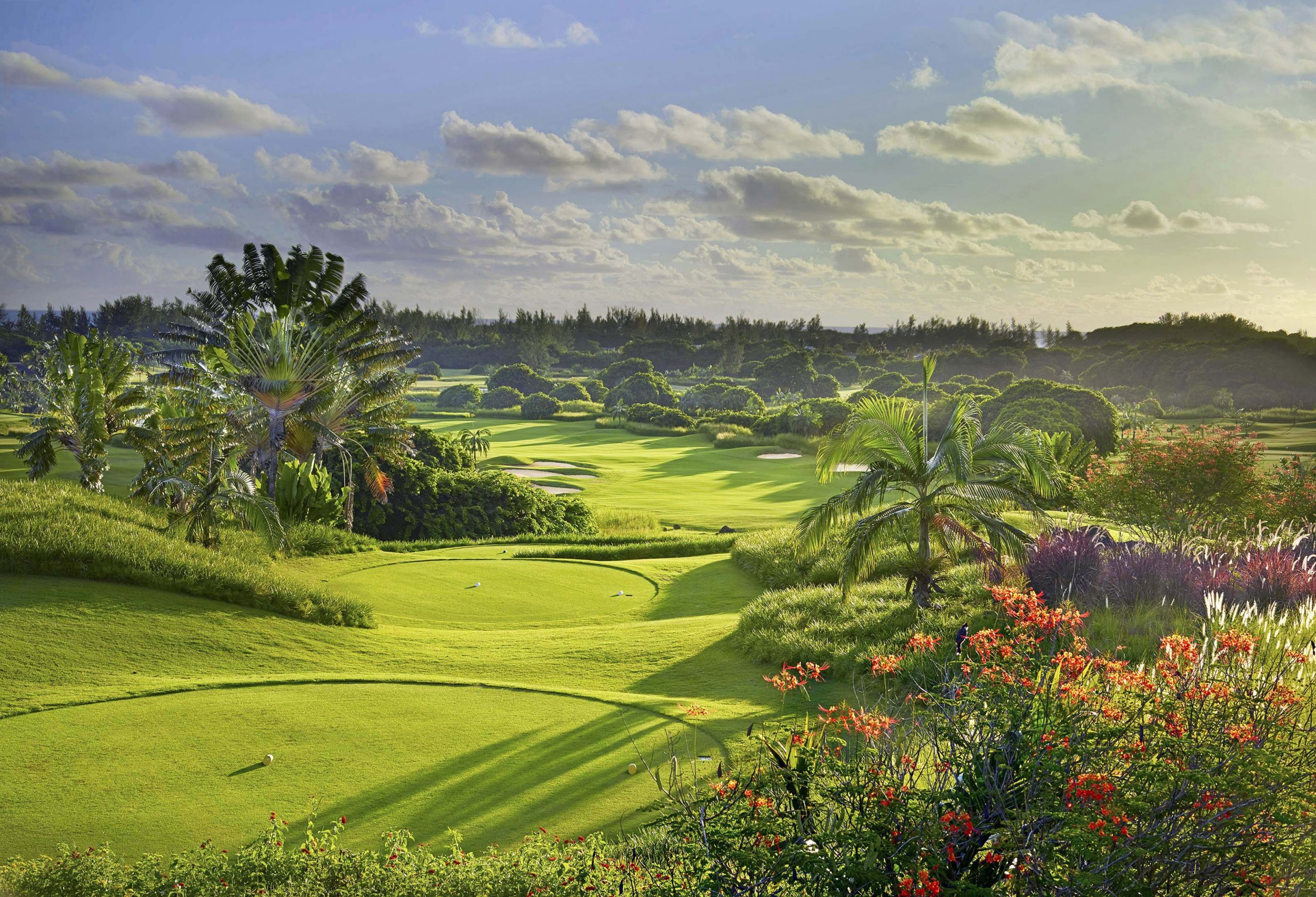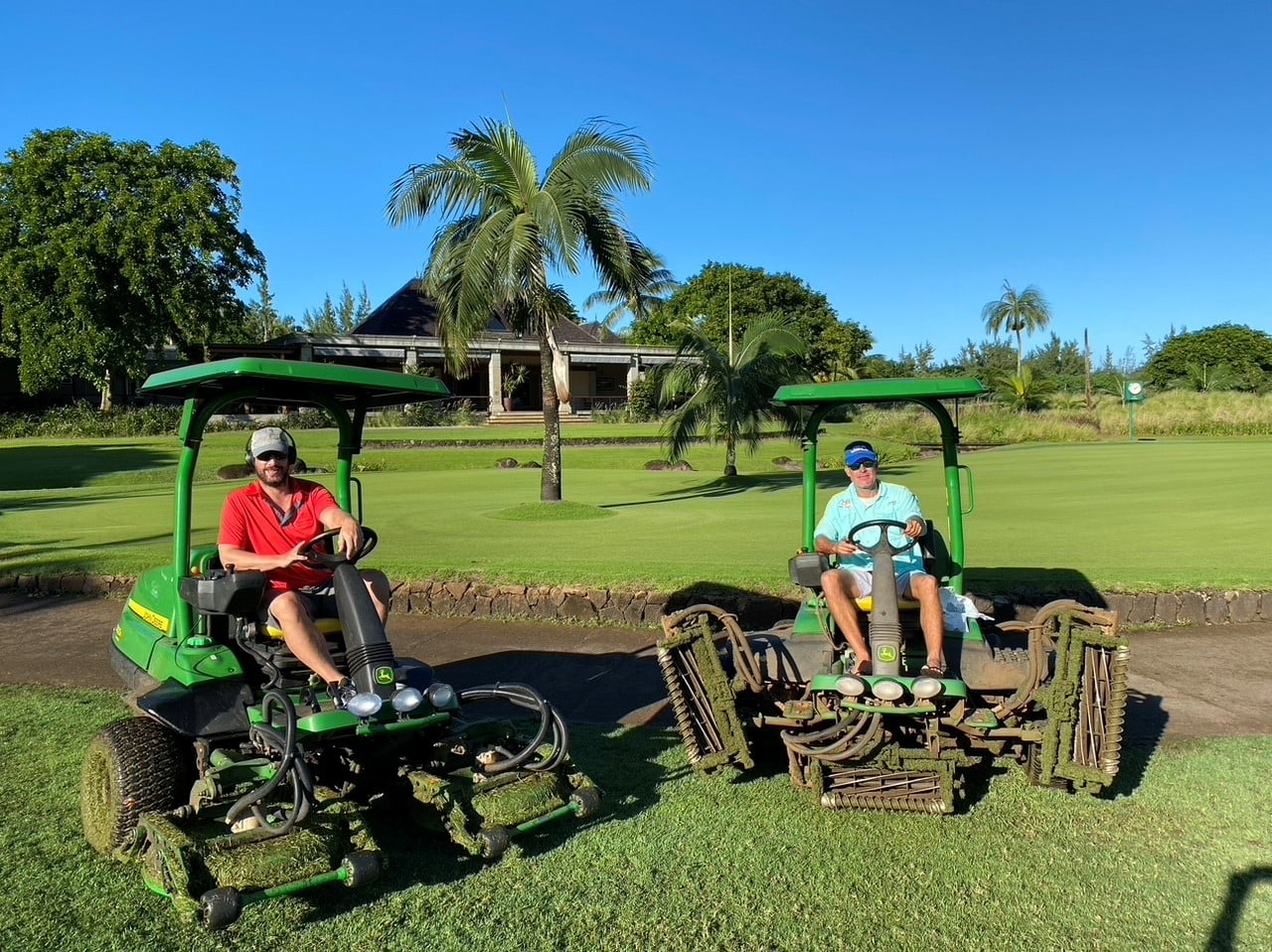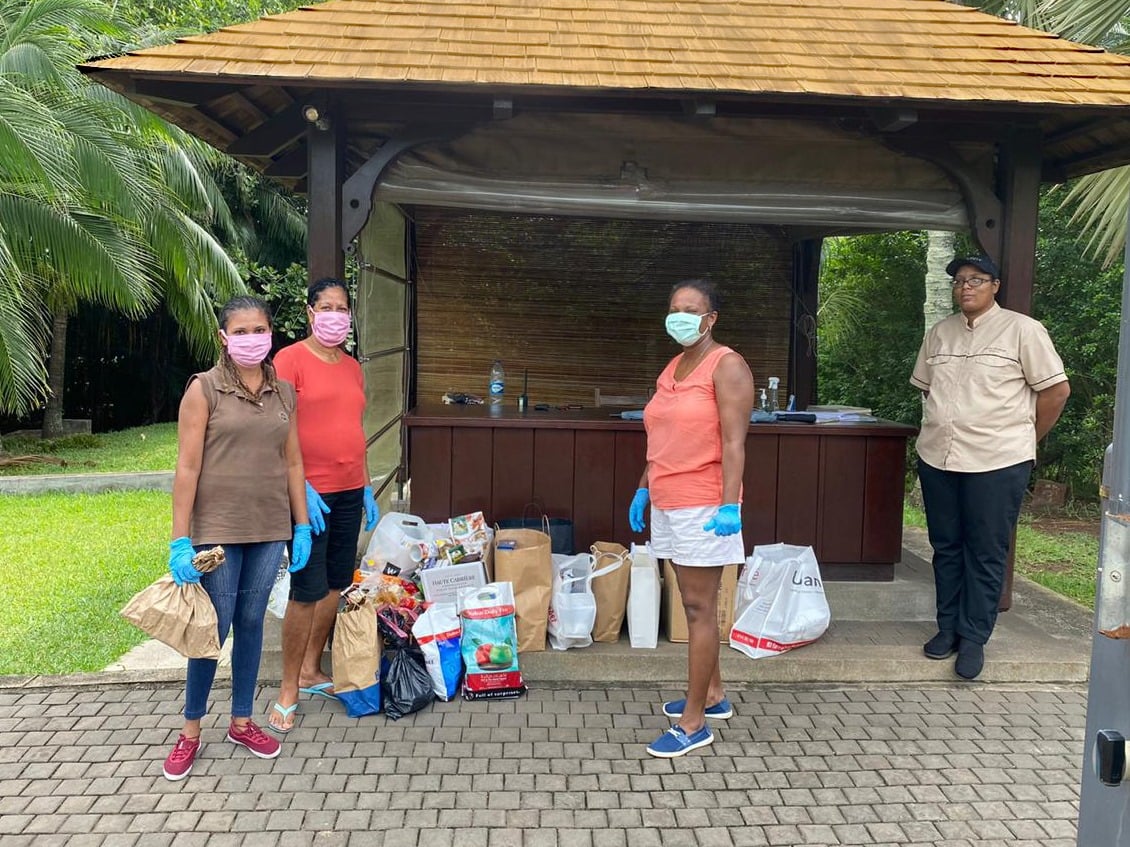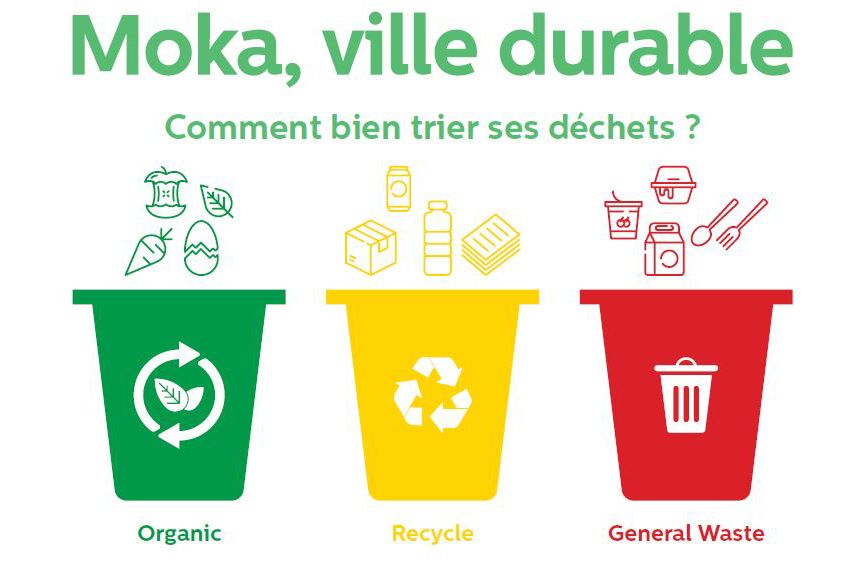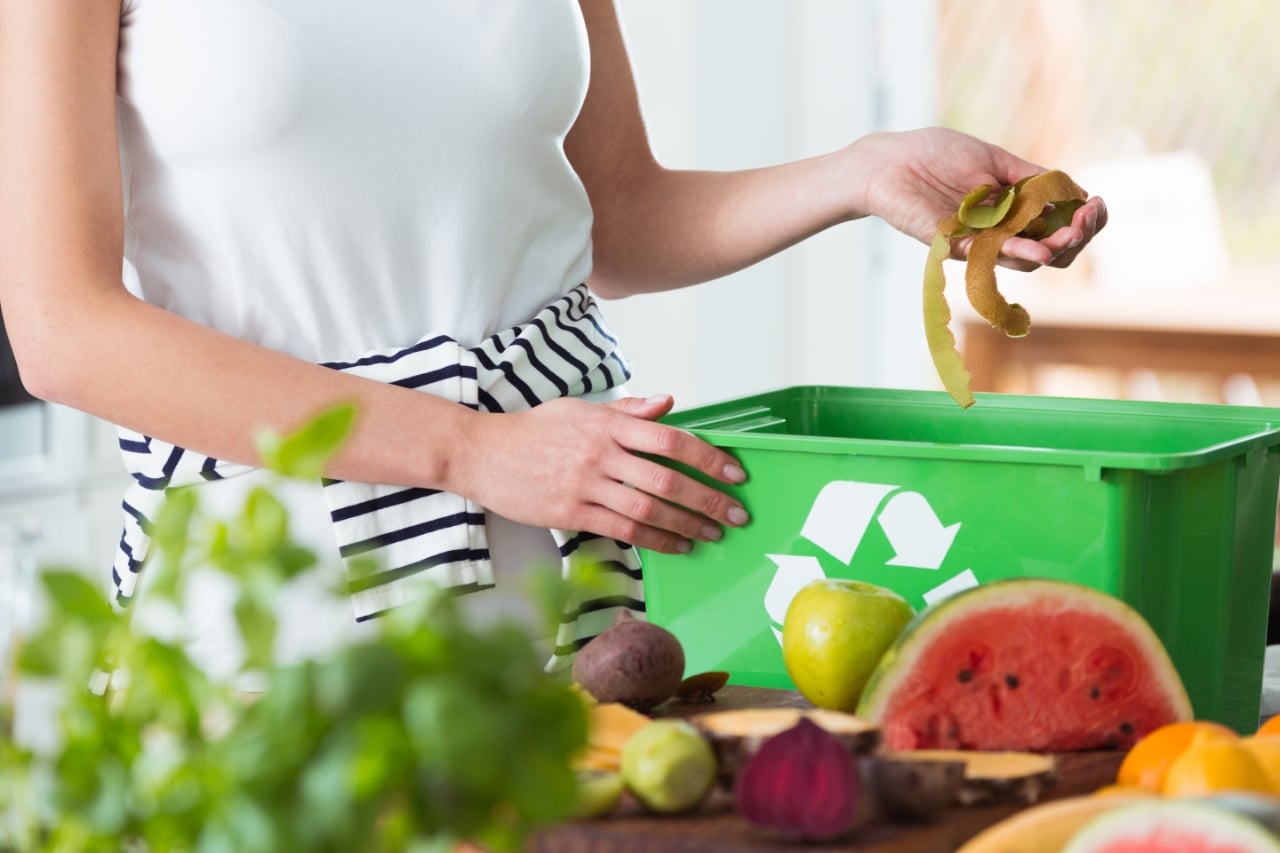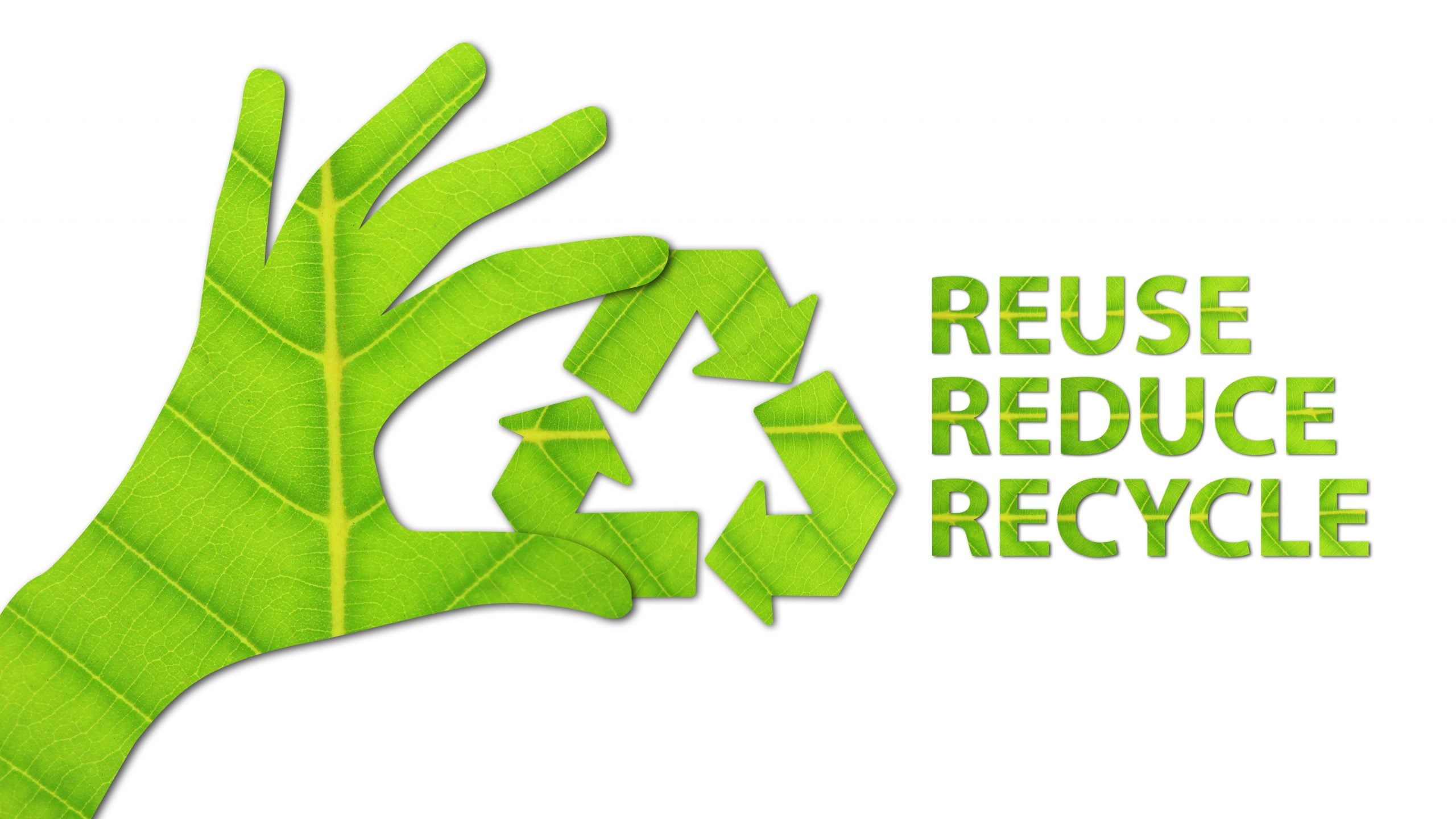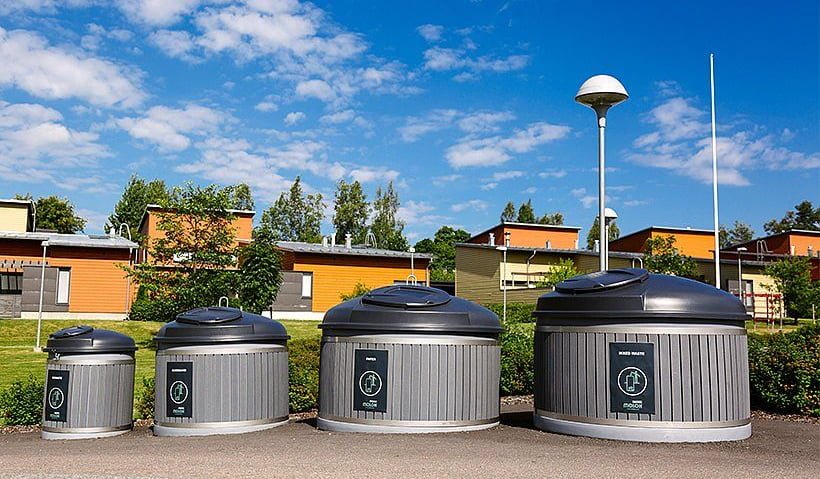CategoriesDid you know? Editor's Picks
Why Mauritius Is One of the Best Retirement Destinations in the World
By Noor Sheriff,
Mauritius is the perfect retirement destination for those looking for a great quality of life. The island nation offers plenty of activities and amenities, and a supportive community of expats and non-citizen residents.
Mauritius is a great choice for retirees who want to enjoy a beautiful setting, a lively culture, and a healthy lifestyle.
Table of Contents:
- Why Mauritius Is One of the Best Countries in the World to Retire To
- The Retirement Visa Linked to Property Acquisition in Mauritius
- The Growing Community of Expats and Non-Citizen Residents in Mauritius
- The Mixed Culture, Accessibility and Benefits of Living in Mauritius
- How Investing in Offshore Property Can Help You Retire Sooner
- FAQs in Relation to Retirement Destinations
- Conclusion
Why Mauritius Is One of the Best Countries in the World to Retire To
If you’re looking for a retirement destination that offers beautiful weather, stunning scenery, friendly people, and excellent healthcare, Mauritius is the perfect place for you. This small island nation in the Indian Ocean has it all – and more. Mauritius is well-known as a top tourist destination, but it’s also an ideal place to retire. The climate is tropical year-round, with average temperatures ranging from 24 degrees Celsius in December to 29 degrees Celsius in April. And whether you want to spend your days relaxing on the beach or exploring the lush vegetation of the interior rainforests, there’s plenty to keep you busy here. The cost of living in Mauritius is relatively low compared to other countries around the world. In addition, there are many benefits available for retirees including discounts on travel expenses and utility bills. There are also several international schools on the island if you have grandchildren who would like to visit often. So if you’re looking for a retirement destination that has it all, Mauritius is the perfect place for you. Come and experience the island’s natural beauty, friendly people, and laid-back lifestyle – you won’t be disappointed.Key Takeaway: Mauritius is a beautiful, tropical retirement destination with friendly people and excellent healthcare.
The Growing Community of Expats and Non-Citizen Residents in Mauritius
Mauritius has long been a popular destination for expats and retirees looking for a place to call home. The island’s stunning natural beauty, mixed culture, excellent infrastructure and low cost of living make it an attractive option for those looking to relocate. In recent years, the Mauritian government has made it even easier for foreigners to buy property on the island and obtain residency permits. As a result, the number of expatriates and non-citizen residents in Mauritius is growing rapidly. There are many reasons why people choose to retire in Mauritius. The climate is tropical all year round, which makes it perfect for those who love warm weather (and doesn’t hurt that there are plenty of beaches). The standard of living is high but costs are relatively low compared to other countries – especially when you consider that healthcare and education are both free here! And let’s not forget about the friendly locals; they always make visitors feel welcome no matter where they come from. If you’re thinking about retiring offshore, then Mauritius should definitely be at the top of your list! Not only will you enjoy all of the above benefits, but you’ll also benefit from tax breaks and favourable exchange rates if you invest in property here. So what are you waiting for? Come see why more and more people are choosing Mauritius as their retirement destination today!Key Takeaway: Mauritius is a great retirement destination because of its climate, beaches, standard of living, and tax breaks.
The Mixed Culture, Accessibility and Benefits of Living in Mauritius
Mauritius is a melting pot of cultures, with people from Indian, Chinese, African and European backgrounds all living together in harmony. The island is also highly accessible, with direct flights from major cities around the world. The benefits of living in Mauritius are numerous – from its stunning beaches and year-round warm weather to its low cost of living and friendly locals. If you’re looking for an amazing retirement destination that offers something for everyone, then look no further than Mauritius!Looking for an amazing retirement destination that has something for everyone? Look no further than Mauritius! This beautiful island has stunning beaches, year-round warm weather, friendly locals and a low cost of living. Click To Tweet
How Investing in Offshore Property Can Help You Retire Sooner
As we all know, retirement is something that we should all be planning for. But what if you want to retire sooner rather than later? Investing in offshore property is one way to make this happen. With the retirement visa linked to property acquisition in Mauritius, you can easily become a non-citizen resident and enjoy all the benefits that come with it. From the mixed culture and accessibility of living in Mauritius to the growing community of expats, there are plenty of reasons why this country is one of the best places in the world to retire. So if you’re thinking about investing in offshore property, don’t wait – do it now and start enjoying your retirement sooner than you thought possible. Here’s a step-by-step guide on how you can make this happen: Step 1: Do your research. The first step is to do your research and figure out which country you want to retire in. There are many factors to consider, such as the cost of living, climate, accessibility and so on. Once you’ve narrowed down your options, it’s time to move on to Step 2. Step 2: Choose the right property. Now that you know where you want to retire, it’s time to start looking for properties in that area. Again, there are several factors to consider – location, size, price and so forth. It’s important that you take your time with this step and find a property that meets all of your needs and requirements. Step 3: Get the paperwork in order. Now that you’ve found the perfect offshore property, it’s time to get the paperwork sorted. This includes applying for a retirement visa (if required) as well as any other documents needed for purchasing property in Mauritius. Once everything is in order, congratulations – you’re one step closer to retiring sooner than planned!Key Takeaway: Investing in offshore property is a great way to retire sooner than planned. Just be sure to do your research and get the paperwork in order before making the purchase.
